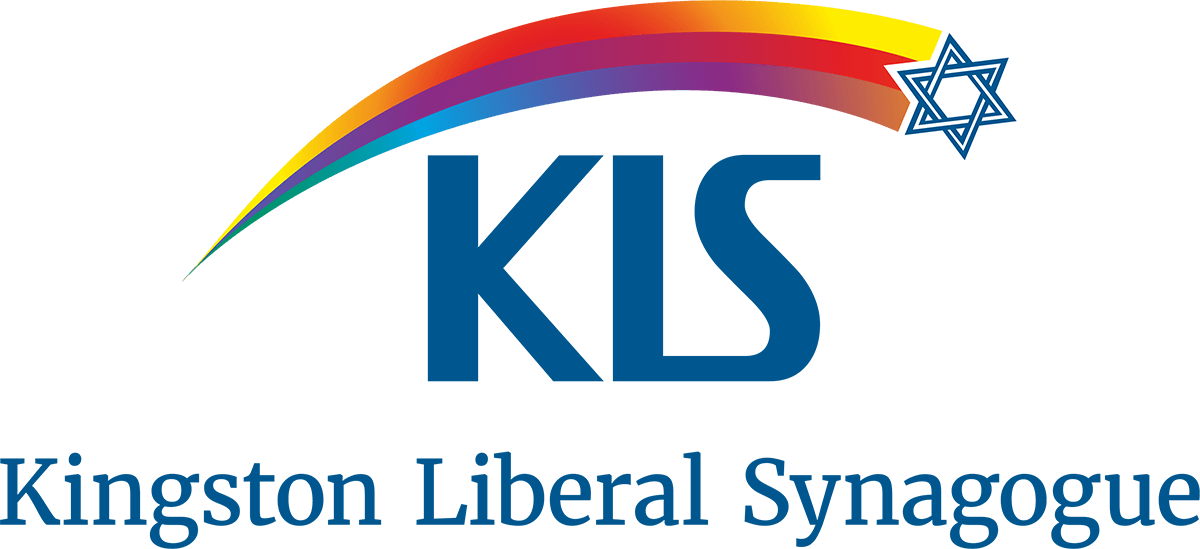How does a society deal with minorities?
The death of George Floyd last week, killed by a policeman, and widely circulated on social media, has sparked worldwide protest and indignation. Riots have taken place in several major cities, and the ancient debate on police violence has resurfaced. The Central Conference of American Rabbis, to which most Progressive Rabbis belong, published a statement on Sunday which opens with these words: “Once again, the lethal reality of systemic racism has shown its evil face”. That begs the question, how does a society deal with the existence of minorities in its midst ? It is not an American problem, but a question that all societies face.
Last Friday, KLS member, Prof. Marc D. Baer, History Professor at LSE, gave us a brilliant presentation on his latest book on Hugo Marcus, a German Jew, born towards the end of the 19th century in Germany, who converted to Islam, and was also gay. He was persecuted by the Nazis on the account of being Jewish, but his gay orientation did not help. George Floyd was a black man, and the policeman violence was probably fuelled by his skin colour. It is the result of rampant and recently overt racism in a country that saw itself once as a haven of freedom.
Societies are fragile
Some may be horrified by the violence that has erupted as a consequence of this murder, but as I saw on a Facebook post yesterday, ‘don’t get it twisted: instead of saying ‘it is horrible that an innocent black man was killed, but destroying property has to stop’, try saying ‘it’s horrible that property is being destroyed, but killing an innocent black man has to stop’”. Civil unrest, even though some people use it for ulterior motives, can be a symptom of deeper discontent. Societies are fragile and rest on a subtle balance between opposites. It is the job of political leaders to maintain it. Some don’t.
A society that excels in freedom and justice
Despite our level of integration in Western societies, we get sometimes painful reminders that some see us as others. As we pray each Shabbat morning, let us contribute to a society “that excels in freedom and justice, tolerance and compassion, so that it may be a force for righteousness and peace in the life of humanity. Note the use of “may” – Rabbi John Rayner z’’l was very much aware of the work that has still to be done. Aleynu – it is upon us, we must add our voice to promote such a society, to resist the trends of prejudice and easy judgment, and to see in each other God’s image. We must find – and help others find – the centre of union, this place where all human beings are equal and treated with respect. Otherwise, we would be failing our mission in this world.
